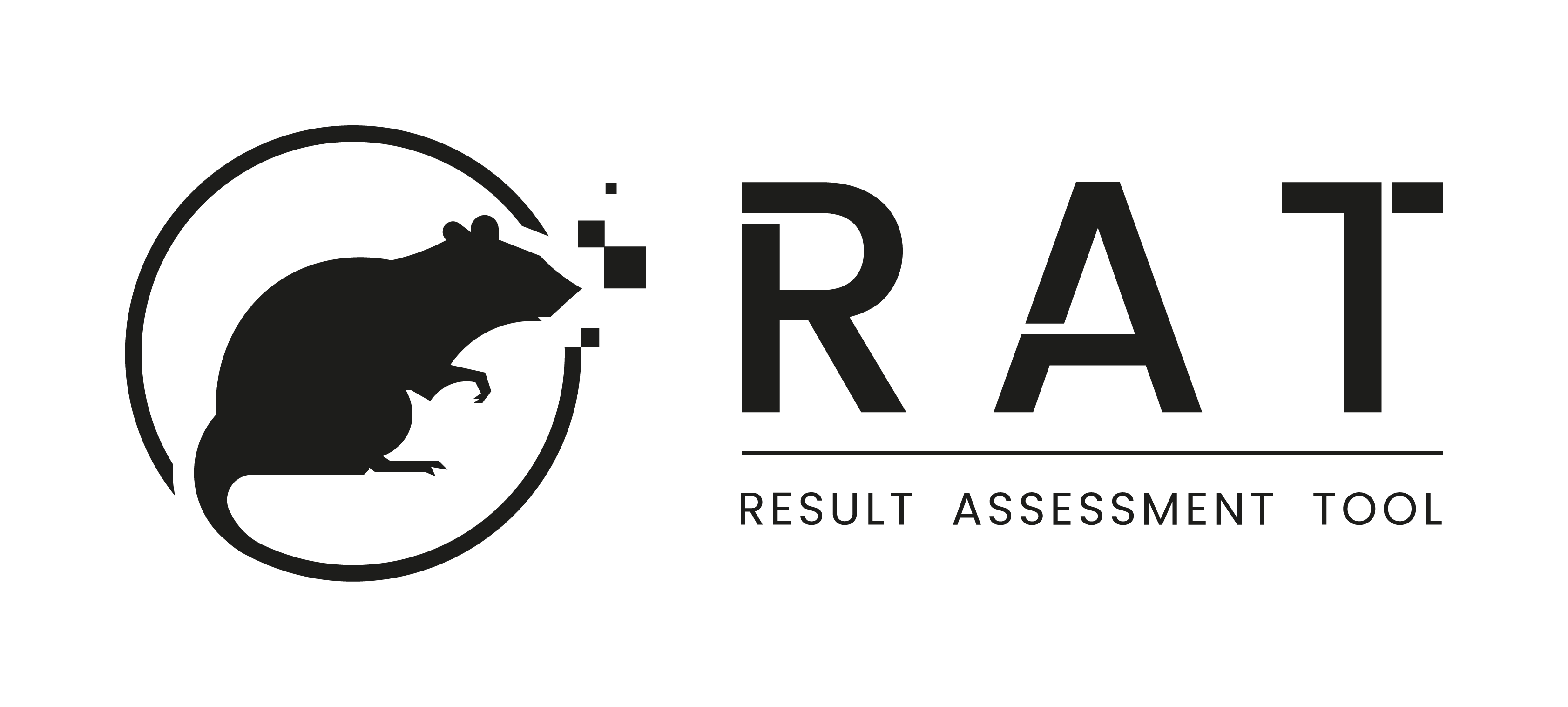A user study using post-task relevance judgments

This study investigated the relevance of the search results from Google and Bing when users work freely on pre-defined tasks.
RAT was used to collect juror assessments.
Abstract
The objective of this research was to find out how the two search engines, Google and Bing, perform when users work freely on pre-defined tasks, and judge the relevance of the results immediately after finishing their search session. In a user study, 64 participants conducted two search tasks each, and then judged the results on the following: (1) the quality of the results they selected in their search sessions, (2) the quality of the results they were presented with in their search sessions (but which they did not click on), (3) the quality of the results from the competing search engine for their queries (which they did not see in their search session). We found that users heavily relied on Google, that Google produced more relevant results than Bing, that users were well able to select relevant results from the results lists and that users judged the relevance of results lower when they regarded a task as difficult and did not find the correct information.

RAT functionality used
Juror assessments: 64 Participants
Publications and presentations
Paper
Sünkler, S., & Lewandowski, D. (2017). Does it matter which search engine is used? A user study using post-task relevance judgments. Proceedings of the Association for Information Science and Technology, 54(1), 405–414. https://doi.org/10.1002/pra2.2017.14505401044
